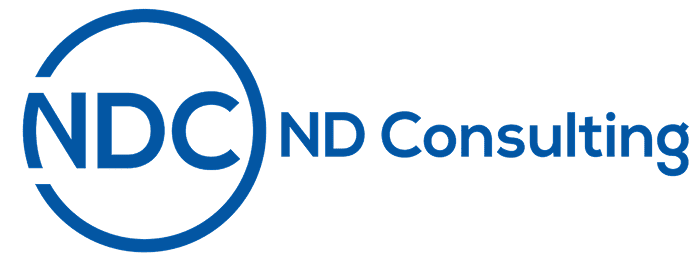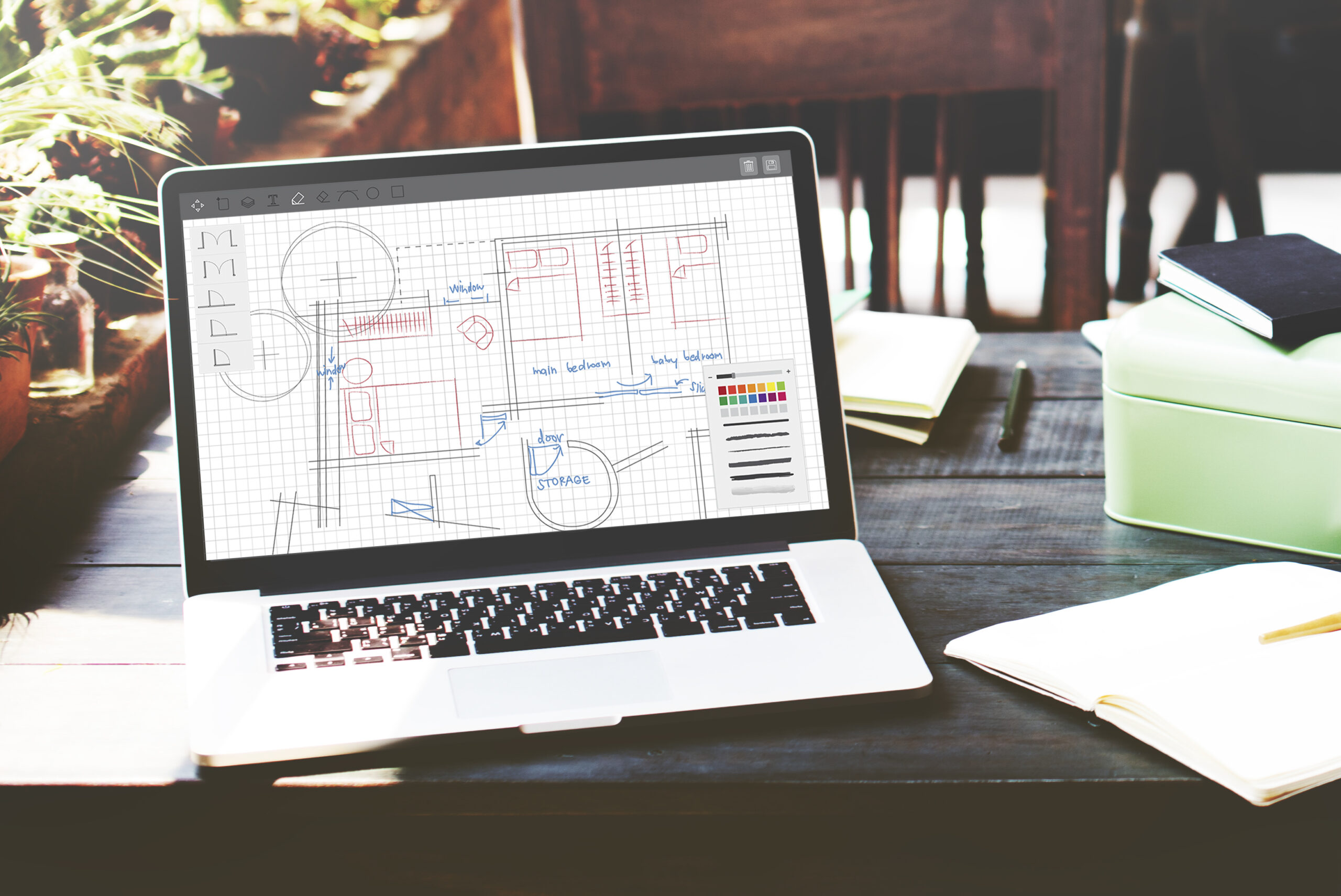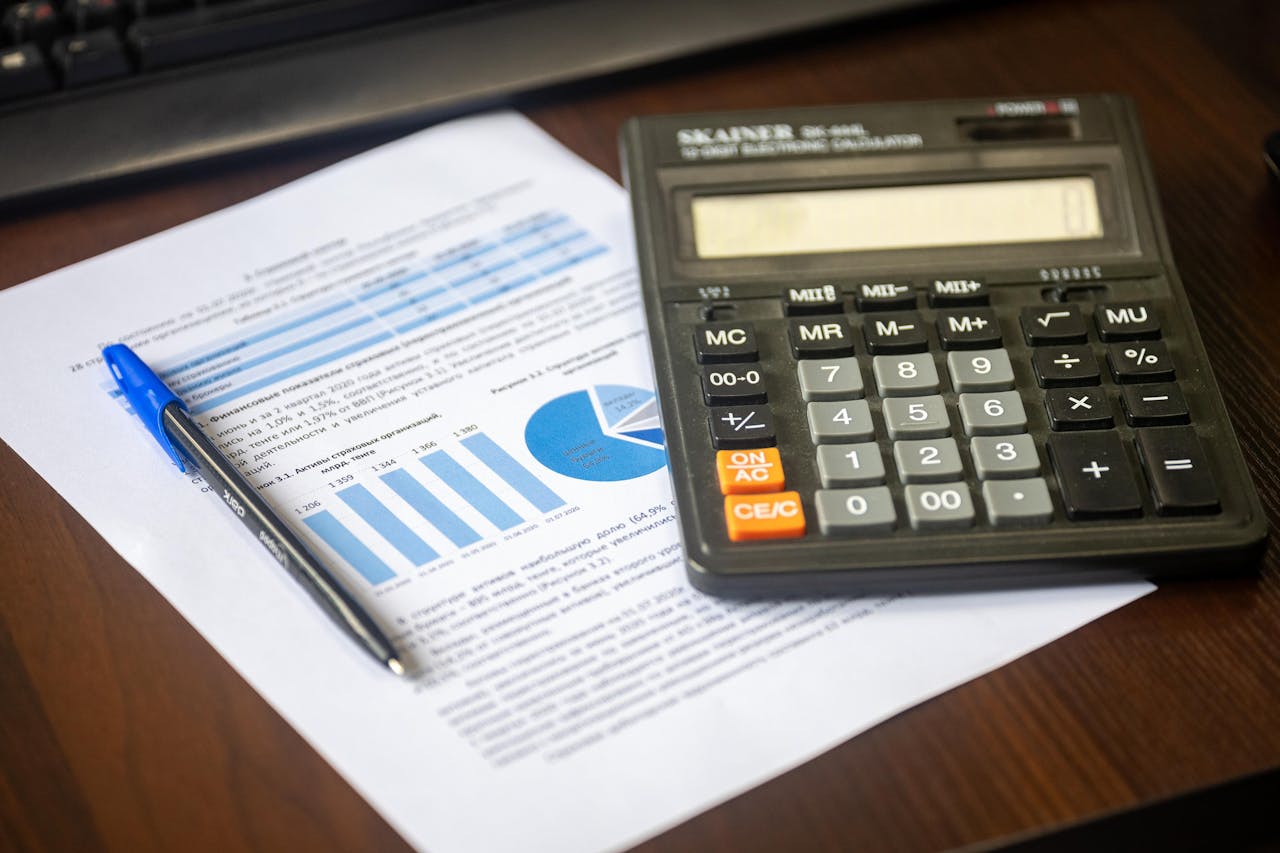Commercial real estate doesn’t leave much room for error. Managing lease terms, tracking expenses, keeping up with maintenance, and reporting to stakeholders, there’s a lot going on behind the scenes.
That’s why many property managers and real estate business owners opt for property management software. But with so many tools on the market, figuring out which platform fits your portfolio can get overwhelming. But it doesn’t have to be for you.
Here’s a curated breakdown of the top 10 property management software for commercial use to help you choose one that fits your real estate needs.
1. Yardi
Best for: All-in-one software for managing diverse commercial portfolios.
Pricing: Custom pricing (Breeze Premier starts lower while Voyager requires tailored quotes)
When it comes to Yardi commercial property management software, it’s hard to find a more scalable solution. Yardi offers multiple products, Breeze for simplicity and Voyager for advanced enterprise use, giving users the flexibility to grow within the ecosystem.
Key Features:
- Full accounting suite.
- Lease and document management.
- Automated CAM reconciliations.
- Investor reporting and fund management.
- Integration with marketplaces and IoT tools
2. Doorloop Inc.
Best for: Small to mid-size commercial property managers wanting simplicity and affordability.
Pricing: Starts at $69/month for up to 20 units; scales based on portfolio size.
Doorloop is newer to the scene but gaining traction quickly, especially among landlords who want a fast setup and a sleek interface. It’s one of the most affordable options in the rental property management software for commercial category, especially for growing teams.
Key Features:
- Cloud-based document storage.
- Customizable lease templates.
- Accounting and expense tracking.
- Tenant communication tools.
- Maintenance ticketing.
3. RealPage Commercial Suite
Best for: Operators who need advanced analytics and performance optimization.
Pricing: Custom quotes based on portfolio and modules used.
RealPage offers a powerful tech stack, particularly for asset managers who want to pull insights from large portfolios. It’s built for scale, with deep tools around lease forecasting, budgeting, and energy management.
Key Features:
- Business intelligence dashboards.
- CAM recovery and lease abstraction.
- Investor and owner portals.
- Energy benchmarking tools.
- Automated workflows and approvals.
4. Building Engines
Best for: Tenant experience and facility management in office and mixed-use assets.
Pricing: Custom pricing based on building size and needs.
While not an end-to-end accounting platform, Building Engines excels in operational performance. It focuses on what happens inside commercial buildings, from work orders to inspections, and integrates well with ERPs.
Key Features:
- Preventive maintenance scheduling.
- Real-time tenant issue tracking.
- Mobile property inspections.
- Customizable forms and workflows.
- Performance analytics.
5. Buildium
Best for: Smaller commercial portfolios that want ease of use over complexity.
Pricing: Starts at $58/month for basic packages.
Buildium is a veteran in the property management space and often gets grouped in with residential platforms. But with some customization, it can support smaller commercial needs, especially for landlords managing office or retail spaces under 50 units.
Key Features:
- Online rent collection and invoicing.
- Vendor payments and expense tracking.
- Tenant screening.
- Cloud access for owners and tenants.
- Basic lease management tools.
6. TenantCloud
Best for: Newer landlords and small business owners managing commercial and mixed-use units.
Pricing: Offers free basic plan. Starter plan starts at $16.50/month if billed annually.
TenantCloud is a rising favorite for its affordability and straightforward interface. It’s especially popular among solo landlords and small teams who want free commercial property management software that doesn’t compromise on essentials.
Key Features:
- Cloud-based lease tracking.
- Document storage.
- Maintenance request portal.
- Online rent collection.
- Income and expense reporting.
7. AppFolio
Best for: Mid-sized commercial portfolios looking for modern, cloud-first solutions.
Pricing: $1.40–$3.00/unit per month; onboarding fees apply.
AppFolio built its reputation in residential property management, but the PLUS version has grown into a competitive property management software for commercial portfolios. Its intuitive dashboard, strong automation tools, and fast onboarding make it a favorite for teams looking for efficiency without heavy customization.
Key Features:
- Lease management with rent escalations.
- CAM reconciliation.
- Built-in AI leasing assistant.
- Mobile maintenance tracking.
- Reporting dashboards with real-time data.
8. Entrata
Best for: Operators managing mixed-use and student housing assets.
Pricing: Available via custom quote.
Entrata is growing fast in the multifamily and commercial hybrid space. It’s an all-in-one, cloud-based platform designed for flexibility across residential, retail, and student portfolios. Its user-friendly dashboards and built-in marketing tools make it stand out.
Key Features:
- Real-time leasing insights.
- Maintenance and work order management.
- Mobile inspections.
- Online payments and accounting.
- Resident and tenant portals.
9. MRI Software
Best for: Firms that need deep customization and open API integrations.
Pricing: Custom pricing; modular, depending on the tools selected.
MRI has been a major player in commercial real estate software for brokers and institutional operators. Its platform supports everything from lease administration to investment modeling; all built on an open architecture that encourages third-party integrations.
Key Features:
- Lease abstraction and CAM recovery.
- Investor reporting and capital tracking.
- Facility maintenance tools.
- Global compliance tools.
- Rich API ecosystem.
10. Nakisa Real Estate
Best for: Enterprise-level commercial lease accounting and compliance.
Pricing: Custom pricing based on portfolio size and configuration.
Nakisa isn’t your everyday property management tool. It’s built specifically for corporate real estate and lease accounting at scale. If you’re dealing with IFRS 16 or ASC 842 compliance, this platform is worth a serious look. It fits well into large enterprises managing hundreds of leases across retail, industrial, or office spaces.
Key Features:
- Centralized lease administration.
- Real-time compliance tracking.
- Full audit trail and reporting.
- Integration with SAP, Oracle, and other ERPs.
- Multi-entity and global portfolio support.
What to Consider Before You Pick One
Here are a few questions to keep in mind before you commit:
- How complex are your leases? Triple net, gross, modified gross, make sure the software can handle the math.
- Do you need investment dashboards? Not all systems include investor management out of the box.
- Will you need custom integrations? If yes, prioritize platforms with open APIs.
- Do you manage multiple property types? Pick a platform that handles mixed-use without patchwork workarounds.
- Is mobile access required? Many property managers now work from tablets and phones, so don’t ignore the app experience.
Final Thoughts
There’s no shortage of options when it comes to property management software for commercial real estate. Some platforms shine with their all-in-one simplicity, such as Yardi, while others offer a Swiss army knife of features but require more setup.
Whether you’re after the best property management software for commercial firms or looking for solid accounting software for commercial real estate, the right tool depends on your portfolio’s complexity and your team’s workflow.
Take time to test the platforms, review the fine print in the pricing tiers, and consider how each one fits into your current and future operations. Because in this business, the right software isn’t just a tool; it’s a necessity.
Frequently Asked Questions
Q1: What is the best commercial property management software?
Ans: The best commercial property management software depends on the specific needs of your real estate business. Popular commercial property management software includes Yardi Voyager, Buildium, and MRI Software, offering features that are tailored to commercial properties.
Q2: Which software is best for real estate businesses?
Ans: The best software for real estate businesses varies based on the type and the number of properties you manage. If you manage commercial properties, Yardi Voyager and MRI Software are good options. For residential properties, real estate software like Yardi Breeze and AppFolio are worth looking into.
Q3: What is commercial real estate software?
Ans: Commercial real estate software is a tool designed to aid property managers in streamlining the management of commercial properties. It offers features for accounting, leasing, tenant management, and maintenance. Commercial real estate software helps property managers and business owners manage large portfolios efficiently.
Q4: How do you choose the right property management system?
Ans: When choosing a property management system, consider your property type, size, and specific needs. Look for features that you need. It’ll help you avoid overspending and maximize your return on investment.
Q5: Do I need a property management system for commercial real estate?
Ans: While it’s not mandatory, using a property management system for commercial real estate can help improve efficiency and accuracy when handling multiple properties. Making it a valuable investment for real estate managers and business owners.




